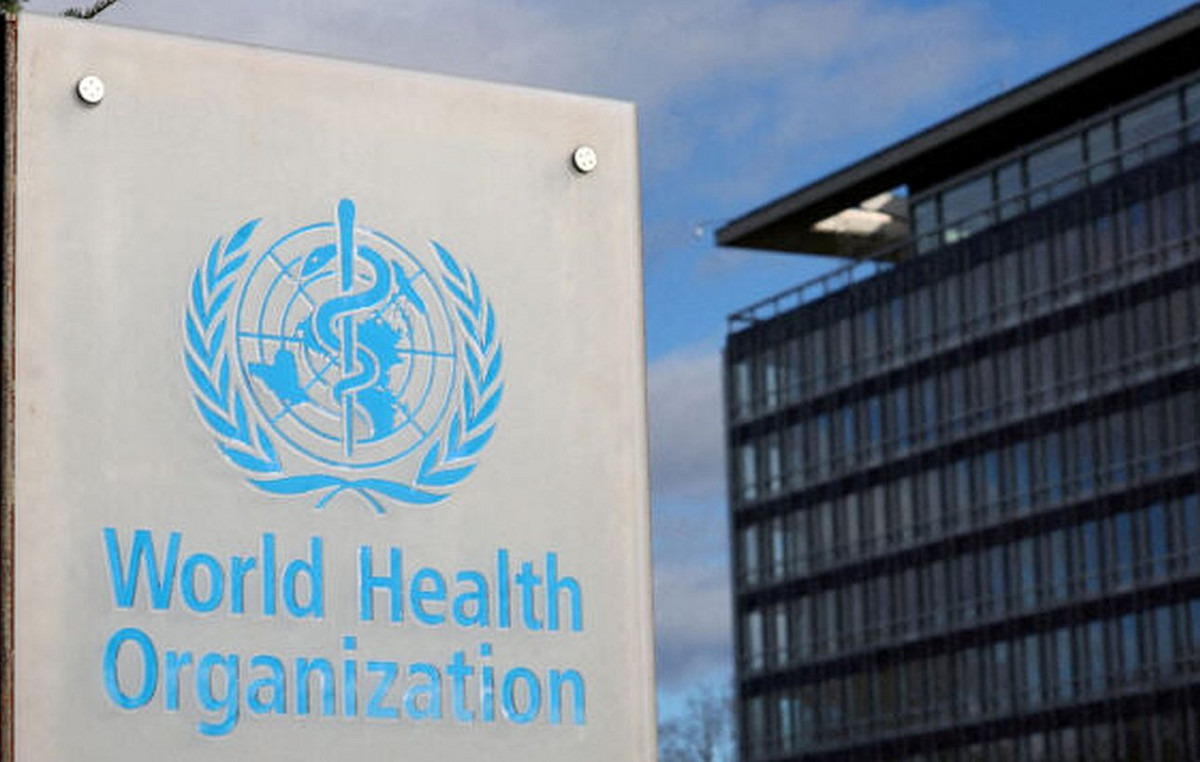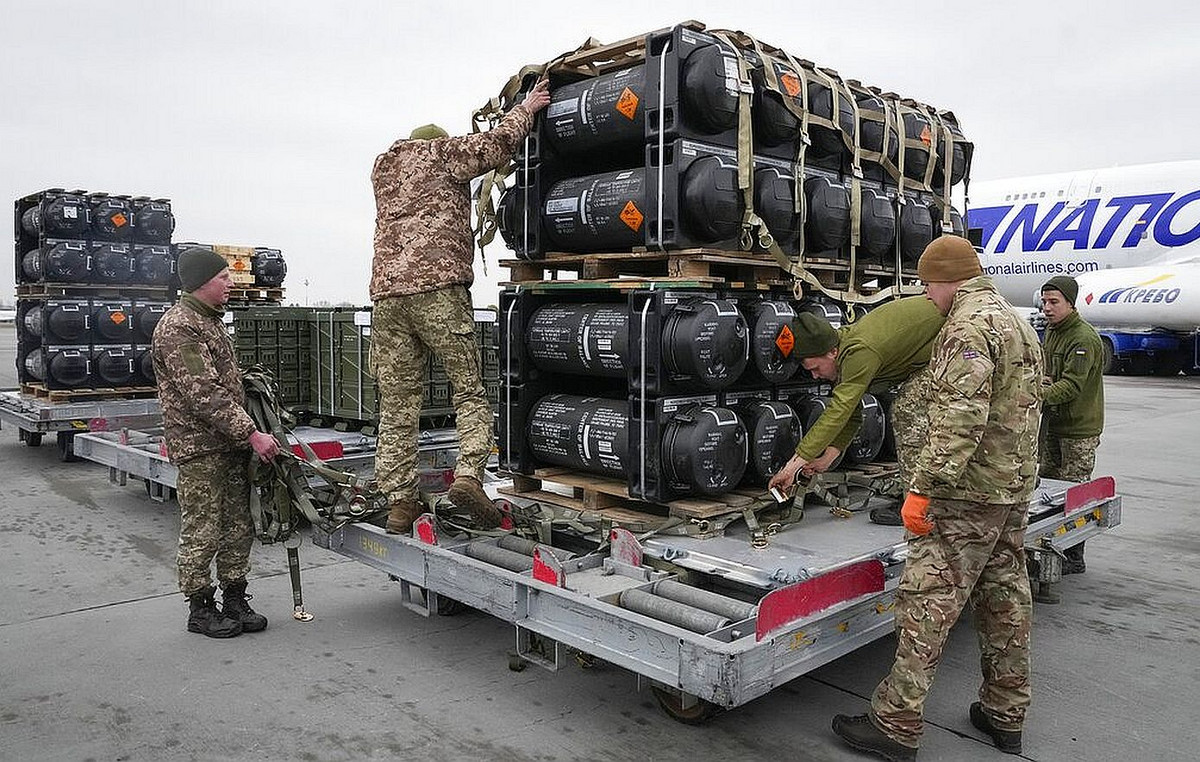Iran will talk in Rome on Friday (2) with the European parts of the 2015 nuclear agreement, his foreign minister said on Wednesday (30), while both sides seek to position themselves before a new round of negotiations between US and Iran on Saturday (3).
Reuters reported on Monday that Tehran proposed a meeting with the United Kingdom, France and Germany, known collectively as E3, which remained faithful to the 2015 Agreement, which aimed to curb Iran’s nuclear activity. The measure failed in 2018 when US President Donald Trump abandoned him during his first term in the White House.
“In my opinion, the three European countries have lost their role (in the nuclear case) due to the mistaken policies they adopted. Of course we don’t want it and we are ready to talk to them in Rome,” Iranian Foreign Minister Araqchi told state media on Wednesday (30).
There was initial hesitation within the E3 due to the concern that such negotiations could create a parallel path and kidnap the negotiations conducted by the second Trump administration, which, according to Washington, aims to prevent Iran from developing nuclear weapons.
But three European diplomats told Reuters that E3 decided that it was ultimately interest to maintain dialogue with Iran and reaffirm how they saw the parameters of a new nuclear agreement.
Political directors of the Foreign Ministry met with US authorities in Berlin on Wednesday to be informed about previous rounds of US and Iran negotiations and prepare for the meeting in Rome, and will go there on Friday, two diplomats said.
Iran seeks to continue the impetus of nuclear negotiations with the Trump administration, resumed in Oman on Saturday (3) and after conversations with Russia and China last week. American and Iranian negotiators will meet again in Rome.
Iran’s approach to E3 suggests that the country maintains its options open, but also wants to evaluate the position of Europeans about the possible repay of the United Nations sanctions against Tehran before October, known in diplomatic circles such as “recovery mechanism” when expiring a resolution that ratifies the 2015 agreement.
Tensions between Europe and Iran
Relations between E3 and Iran have worsened last year, despite sporadic meetings since last September, in a context of new sanctions imposed on the Islamic Republic for its ballistic missile program, their detention of foreign citizens and their support to Russia in their war against Ukraine.
Highlighting these tensions, French Foreign Minister Jean-Noel Barrot said on Tuesday that Paris would not think twice if current negotiations failed to release the setback of sanctions, which, he said, would have “devastating effects.”
He accused Tehran of being about to secretly develop a nuclear weapon. Iran has been denied this for a long time, stating that its accelerated uranium enrichment program is intended only for civil energy purposes.
In a letter distributed to the UN Security Council and seen by Reuters, Iran’s permanent representative in the United Nations, Amir Saeid Iravani, said Barrot’s comments were “unfounded and politically irresponsible.”
He said that applying snapback would be “legal and procedurally flawed, inadmissible and invalid.”
“The open threat of reimp, sanctions with ‘devastating effects’ on Iran’s economy is a blatant act of political and economic coercion,” says the letter.
On Tuesday (29), the US Treasury Department imposed new sanctions on what he described as a network based in Iran and China suspected of obtaining ballistic missile driving ingredients for Iran’s Islamic Revolutionary Guard.
Araqchi said the new US sanctions during the negotiations sent the “wrong message.”
Trump said he was confident of closing a new pact that would block the path of Iran to the ability to develop nuclear bombs.
This content was originally published in Iran negotiates on nuclear program with European countries on the CNN Brazil website.
Source: CNN Brasil
Bruce Belcher is a seasoned author with over 5 years of experience in world news. He writes for online news websites and provides in-depth analysis on the world stock market. Bruce is known for his insightful perspectives and commitment to keeping the public informed.







